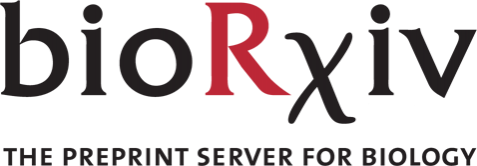
New work from the Milsom lab now available on bioRxiv "Hematopoietic stem cells fail to regenerate following inflammatory challenge."
Citation:
Ruzhica Bogeska, Paul Kaschutnig, Malak Fawaz, Ana-Matea Mikecin, Marleen Buechler-Schaeff, Stella Paffenholz, Noboru Asada, Felix Frauhammer, Florian Buettner, Melanie Ball, Julia Knoch, Sina Staeble, Dagmar Walter, Amelie Petri, Martha J Carreno-Gonzalez, Vinona Wagner, Benedikt Brors, Simon Haas, Daniel B Lipka, Marieke A.G. Essers, Tim Holland-Letz, Jan-Philipp Mallm, Karsten Rippe, Paul S Frenette, Michael A Rieger, Michael D Milsom
Hematopoietic stem cells fail to regenerate following inflammatory challenge.
bioRxiv 2020.08.01.230433; doi: 10.1101/2020.08.01.230433
Abstract:
Hematopoietic stem cells (HSCs) are canonically defined by their capacity to maintain the HSC pool via self-renewal divisions. However, accumulating evidence suggests that HSC function is instead preserved by sustaining long-term quiescence. Here, we study the kinetics of HSC recovery in mice, following an inflammatory challenge that induces HSCs to exit dormancy. Repeated inflammatory challenge resulted in a progressive depletion of functional HSCs, with no sign of later recovery. Underlying this observation, label retention experiments demonstrated that self-renewal divisions were absent or extremely rare during challenge, as well as during any subsequent recovery period. While depletion of functional HSCs held no immediate consequences, young mice exposed to inflammatory challenge developed blood and bone marrow hypocellularity in old age, similar to elderly humans. The progressive, irreversible attrition of HSC function demonstrates that discreet instances of inflammatory stress can have an irreversible and therefore cumulative impact on HSC function, even when separated by several months. These findings have important implications for our understanding of the role of inflammation as a mediator of dysfunctional tissue maintenance and regeneration during ageing.
